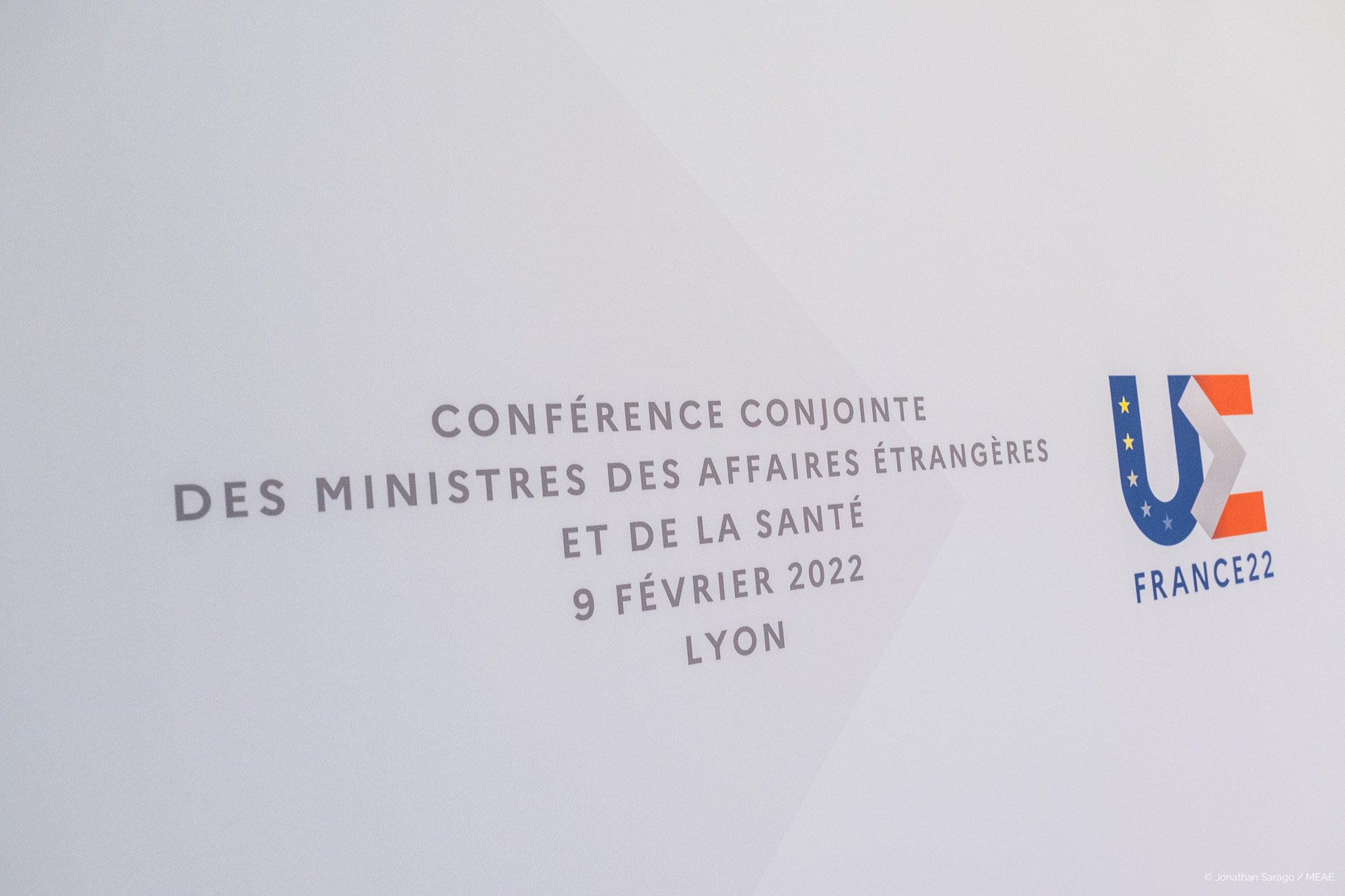
Press release
The EU joint ministerial meeting on health and foreign affairs, which took place yesterday in Lyon, France, was an opportunity for European leaders to work towards ending not only the COVID-19 pandemic, but also historical epidemics like HIV, tuberculosis, and malaria, by supporting sustainable mechanisms for building health systems worldwide. Concrete, ambitious, and measurable commitments at the joint ministerial could have laid the groundwork for showing true solidarity towards a renewed partnership with Africa, ahead of the EU-AU summit next week. Instead, European leaders failed to commit to establishing a coherent policy on global health but neglected fresh funding for the COVID-19 response, and dodged the long-standing calls from African leaders and civil society to support the TRIPS waiver.
If COVID-19 has shown us anything, it is that strong health systems are required for human, social, and economic development. Addressing health inequities and the social determinants of health is the only way we can make progress towards the SDGs. In May of 2021, the EU co-hosted the Global Health Summit, which resulted in the adoption of the Rome declaration. But despite the ongoing challenges of the COVID-19 pandemic, we have seen urgency weaning and a worrying lack of actions around implementing this declaration.
Starting from the beginning: resolving incoherent policymaking
According to the meeting’s program, Ministers worked to consolidate a shared and enhanced European vision for Global Health. This is echoing the long-lasting calls from civil society for a renewed strategy integrating the SDGs, neglected issues, and the lessons learned from the pandemic. The European Commission will need to build on this political momentum and work towards drafting a full strategy with no further delays.
Still needed: funding the COVID response
The ACT-Accelerator, though not perfect, is the only comprehensive global funding response to the COVID-pandemic, aiming to pool funding in order to distribute COVID tools more equitably. In time for the ministerial meeting, ACT-A published a new version of its investment case, outlining what is needed to reach its objectives by June 2022. Despite the urgent need, we’ve seen little indication from EU leaders that further financial support to ACT-A is expected. Team Europe must match its fair share in contributing 4.7Bn $ to the ACT-A, in addition to the complementary support needed for the delivery of essential tools to tackle this pandemic.
Notably missing: taking ethical actions on Intellectual Property (IP)
Lifting IP legal barriers and coupling them with technology and know-how transfers (the vaccine “recipe” alone is not enough) would allow the production of COVID vaccines to begin in developing countries, thereby accelerating access to safe, effective, and affordable vaccines for the most vulnerable. EU leaders must step up with clear, quick, commitments to lifting IP barriers in order to increase the production of these medical tools to the scale necessary for the current context.
Establishing a common position of Team Europe on global health is a welcome step – but with the AU-EU Summit taking place next week, more concrete actions are needed. Fighting inequalities and strengthening Africa’s health sovereignty must beat the heart of a renewed partnership between the two continents.



